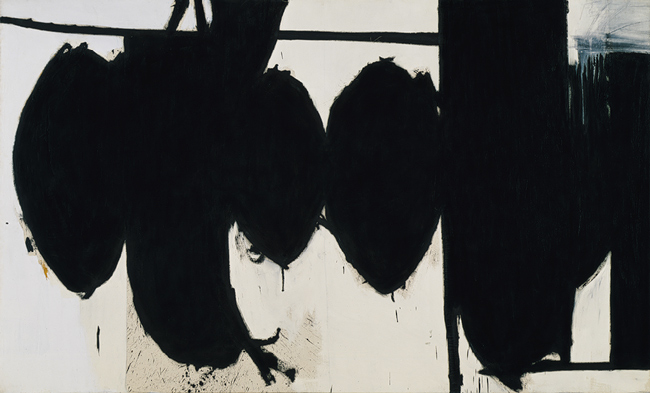After reading Daphne Merkin’s A Journey Through Darkness in today’s New York Times Magazine, I was left contemplating Buddhist viewpoints on treating depression. It’s no secret that many people are drawn to the dharma during difficult times- seeking relief from despair and anxiety. Each week there seems to be new headlines touting the benefits of meditation for various psychological ailments. But is the deep unrelenting depression that Merkin describes outside the realm of a contemplative cure?
I think for those suffering from a more mild or situation based depression, Buddhist ideas such as non-self and non-attachment can be incredibly helpful. To know that the “I” experiencing these feelings is not a solid entity can help shake loose some of the suffering. But what happens when the despair is so deep that this type of mindful investigation is impossible? Must one attain a certain level of functioning to apply Buddhist principles at all? And if you’re not at that level, is this indicative of a failing in your practice or the result of chemical imbalances in need of medication?
As I was doing some research online, I came across a 1993 article by psychiatrist Mark Epstein for Tricycle entitled, Awakening with Prozac: Pharmaceuticals and Practice that shed some light on the topic. In it, he discusses the tendency of some dharma students to rely solely on their practice for relief, to the exclusion of medications that have been proven clinically effective. Epstein links this type of suffering to asceticism, which the Buddha cautioned against. While medication might not be people’s first choice, Epstein attests to the enormous benefit it can have, even if just used temporarily.
Working with suffering is what makes up the path, but I think acknowledging that some suffering might be beyond the bounds of a purely spiritual approach is important for practitioners to realize. While there’s great relief to be found in the idea that we can alter how we work with our emotions (i.e. non-attached observation vs. rumination), I think there’s a danger in the responsibility this places on individuals, perhaps leading some to feel responsible for a condition that’s beyond their control and preventing them from seeking the additional help they need. Ideally meditation and studying the dharma would be enough to alleviate suffering, but when it’s not, acceptance that it’s all part of the path seems key.

